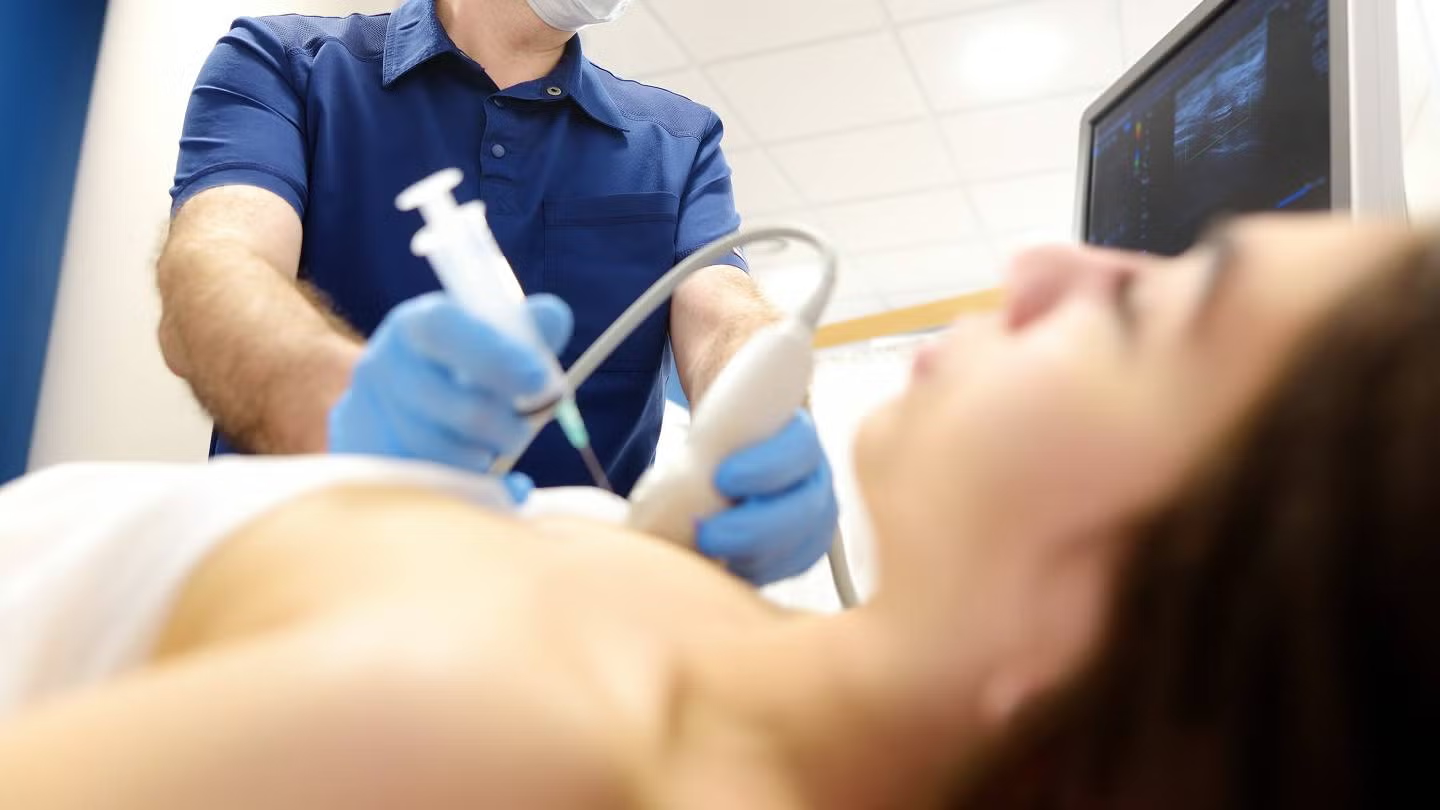In patients with a specific gene mutation, an experimental treatment developed by Pfizer and Arvinas delayed the progression of breast cancer by over three months compared to AstraZeneca’s Faslodex, according to trial results released on Saturday.
The results were published in The New England Journal of Medicine and presented at the annual meeting of the American Society of Clinical Oncology in Chicago.
The trial found that the experimental drug vepdegestrant extended the period without disease progression by five months in patients with ESR1 mutations, while Faslodex extended it by approximately two months.
These findings are consistent with preliminary results announced in March. Arvinas’ shares dropped to a record low after it became clear that vepdegestrant showed benefit in patients with the mutation, but not in the broader population.
Pfizer and Arvinas’ Breast Cancer Drug Outperforms Faslodex
More detailed data released Saturday showed that vepdegestrant extended survival without progression by 3.8 months in the broader patient group, compared to 3.6 months for Faslodex.
The late-stage trial included 624 patients who had previously been treated for a specific type of breast cancer, which accounts for nearly 70% of all breast cancer cases.
According to Erika Hamilton, one of the study’s authors, Faslodex “clearly has some challenges now.” She also highlighted that Faslodex is administered via intramuscular injection, while vepasertib is taken orally.
Vepdegestrant belongs to a new class of drugs called PROTAC ER degraders. These treatments are designed to harness the body’s natural protein disposal system to specifically target and break down proteins that drive tumour growth.
According to the American Cancer Society, breast cancer accounts for about one-third of all new cancers diagnosed in women in the U.S. each year.
Approved treatments for this type of advanced breast cancer include Eli Lilly’s Verzenio, Pfizer’s Ibrance, and Novartis’ Kisqali.
Andrew Berens, an analyst at Leerink Partners, projects that vepdegestrant could generate $576 million in peak sales by 2032.
Arvinas announced earlier this month that it will not move forward with two additional late-stage trials of the drug.















